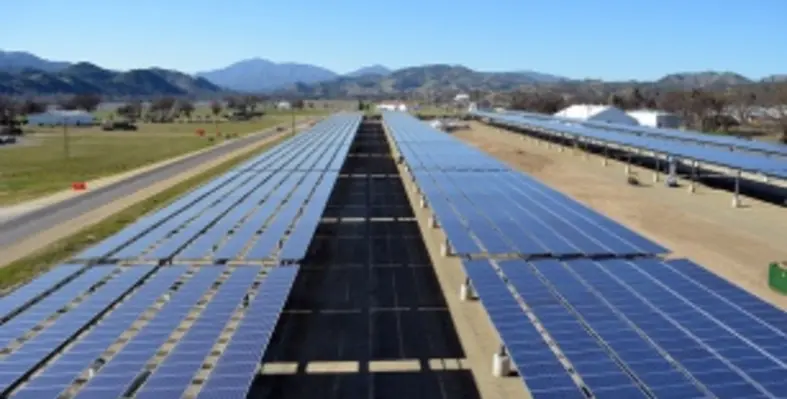Abu Dhabi renewable energy company Masdar and Saudi Arabias King Abdullah City for Atomic and Renewable Energy (KACARE) have signed a deal to promote renewable energy in the two regions
The two firms have laid down a framework to jointly invest in clean energy projects and green technology investment funds, reports state. This deal is also expected to create opportunities for collaboration on research and development of advanced clean energy technologies, including solar, wind and water.
Hashim bin Abdullah Yamani, president of KACARE, said, "We are delighted to sign this agreement with Masdar, which has a proven track record and has demonstrated credible achievements during the last eight years in this emerging sector. As renewable energy solutions approach grid parity, we are confident our combined efforts will contribute to the implementation of renewable energy projects in the region and around the world."
Among GCC nations, Saudi Arabia and the UAE have set specific targets for clean energy production. Saudi Arabia alone plans to spend around US$109bn on building nuclear and solar power capacity by 2032, while the UAE aims to spend almost US$102bn on alternative energy by 2020.
Established in 2010, KACARE's main aim is to diversify Saudi Arabia's energy sources, including nuclear energy. Masdar is a wholly-owned subsidiary of Mubadala Development Company, which is owned by the Abu Dhabi government. One of the key businesses of the Masdar group is generation of clean energy.
The company has already deployed close to 1000 MW of clean energy projects in the UAE and the rest of the world, including a 15 MW solar photovoltaic (PV) power plant in Mauritania, a 6 MW wind farm in Seychelles, a project in Afghanistan that supplies 600 residences with off-grid solar PV systems, and a 500 KW solar PV power plant on the island of Vava?u in Tonga.
Sultan Ahmed Al-Jaber, chairman of Masdar, said, "By sharing our knowledge and experience with KACARE, we believe that together we can further advance the use of renewables and ensure our long term economic and energy security."








